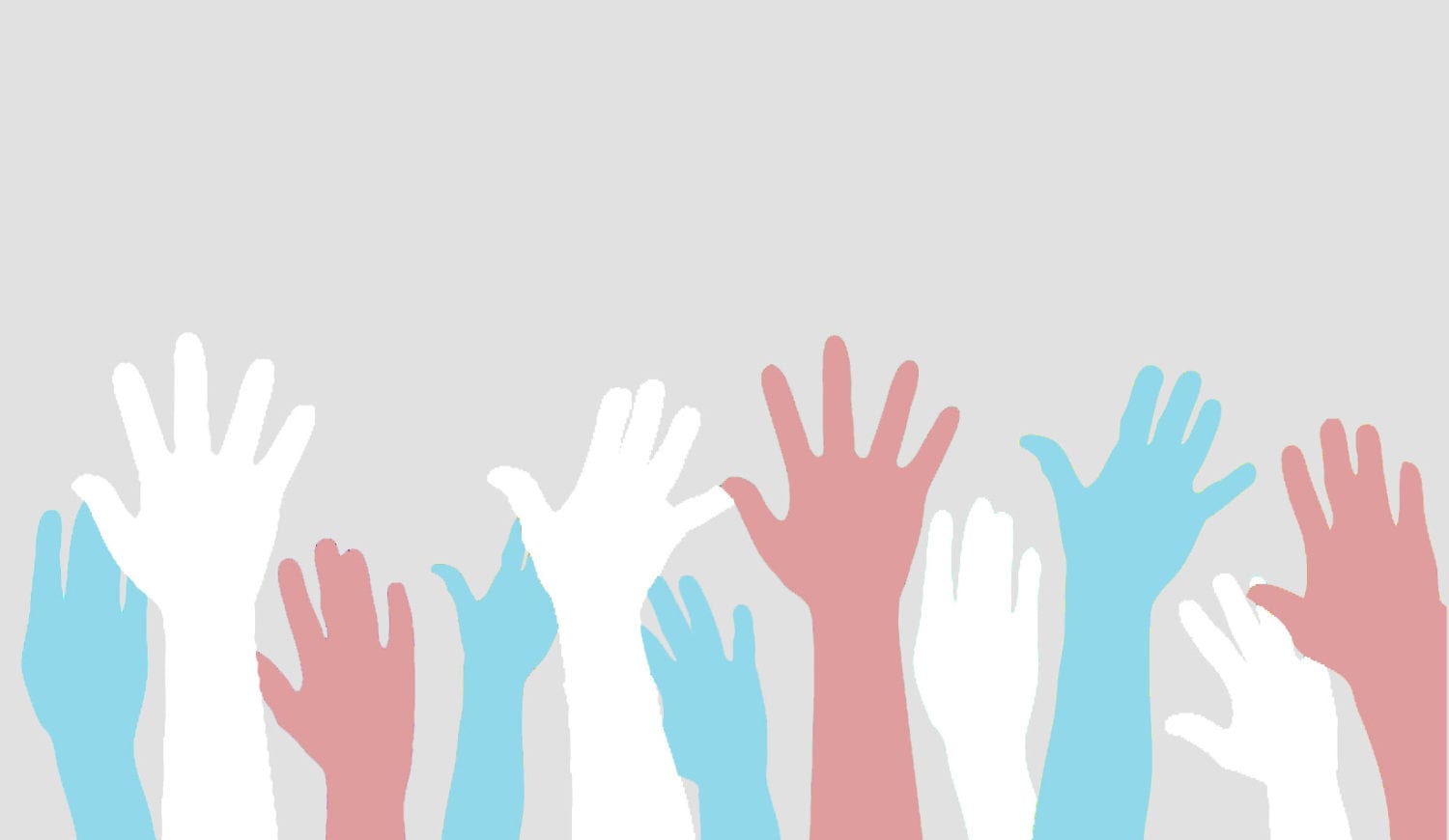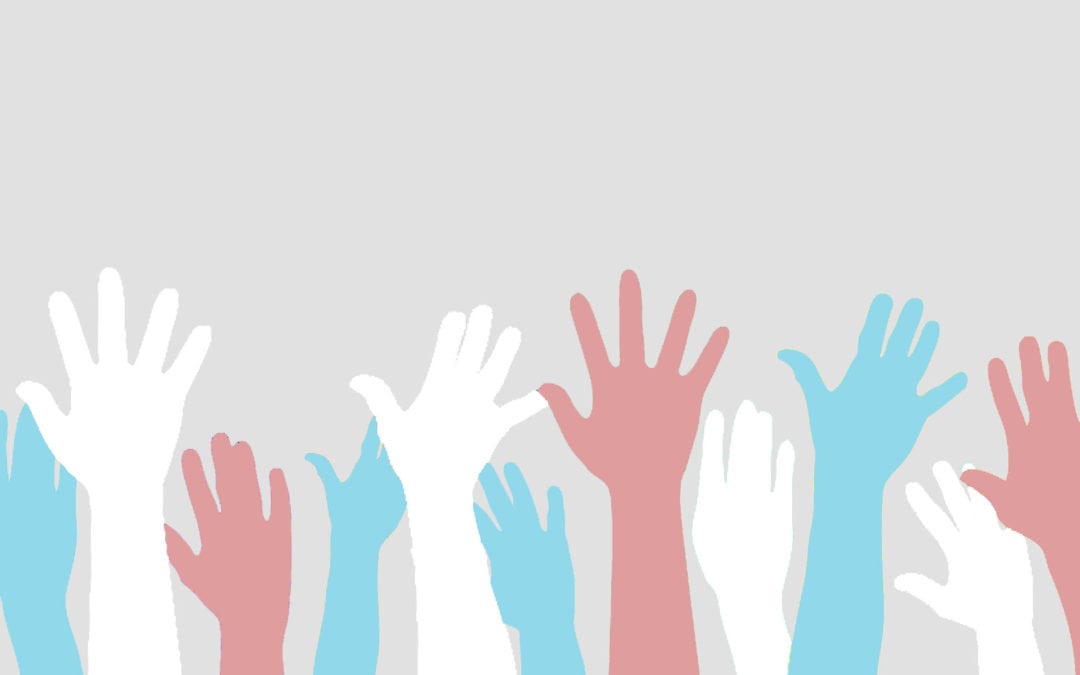Voting While Trans

How is voting different for trans voters?
This coming midterm election is undoubtedly one of the most politically charged that I have seen in my lifetime. Whichever side of the aisle you’re on, you must admit that since the presidential election “business as usual” has changed dramatically, and many unprecedented behaviors and policy decisions have occurred. In my life as an American one thing has been made clear to me: the ability to vote is undeniably tethered to American citizenship and is to be taken seriously. Now, what if I told you that isn’t true for transgender people?“Do you know about voter literacy tests?”

“78,000 trans voters could literally tip the scale in either direction, all the while those disenfranchised voters are being punished for simply voting while trans.”

How is voting different for trans voters?
This coming midterm election is undoubtedly one of the most politically charged that I have seen in my lifetime. Whichever side of the aisle you’re on, you must admit that since the presidential election “business as usual” has changed dramatically, and many unprecedented behaviors and policy decisions have occurred. In my life as an American one thing has been made clear to me: the ability to vote is undeniably tethered to American citizenship and is to be taken seriously. Now, what if I told you that isn’t true for transgender people?“Do you know about voter literacy tests?”

“78,000 trans voters could literally tip the scale in either direction, all the while those disenfranchised voters are being punished for simply voting while trans.”

Nathaniel Gray
Founder, Writer, and LGBTQ+ Empathy Mentor

Nathaniel Gray
Founder, Writer, and LGBTQ+ Empathy Mentor




0 Comments